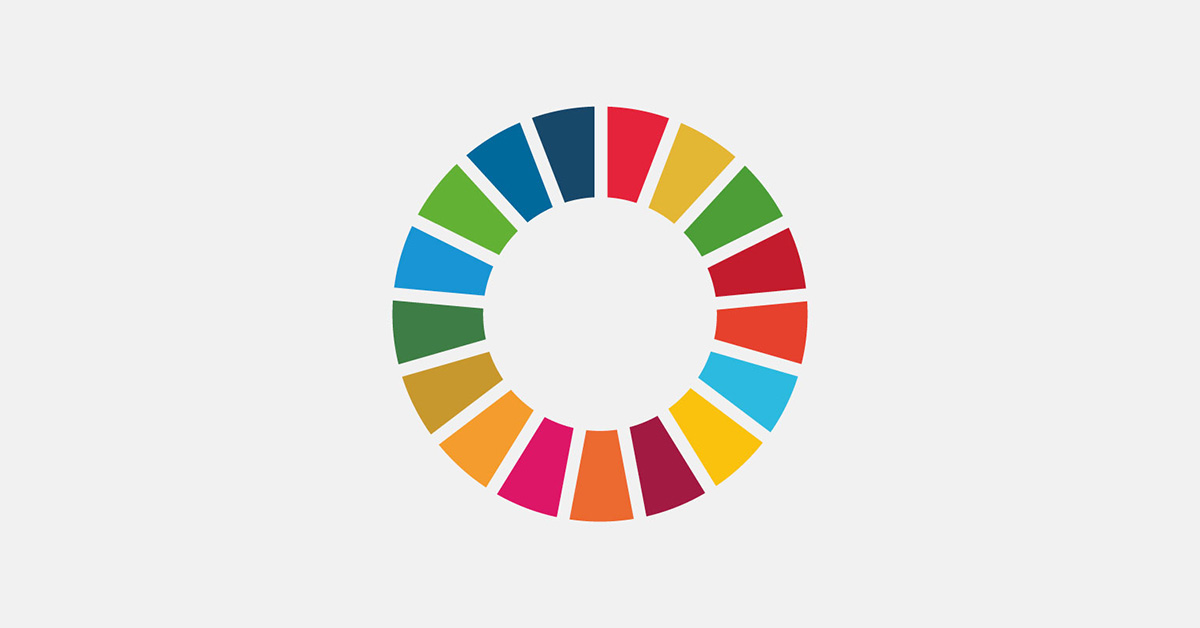At last! Canadians have been waiting for a new plan to drastically reduce greenhouse gas emissions over the next eight years under the Net-Zero Accountability Act. The official 2030 Emissions Reduction Plan is now here. But what’s in it and what does it mean?
Bold, specific, ambitious, and achievable is how Justin Trudeau described the new plan, which includes $9.1 billion in new investments to cut pollution and grow the economy. That means things like greening homes and buildings, switching to electric vehicles, adopting greener technologies, and empowering communities to take climate action.
So, how can Canada’s colleges and institutes help?
- We’re going net-zero on campus! With the largest post-secondary footprint in the country, our collective engagement goes a long way. At more than 670 locations, we pledged to achieved net-zero emissions on campus by 2050.
- See what we mean: many examples of net-zero and LEED-certified campus facilities, learning environments, and research centres already exist. These buildings are real examples of energy efficiency. They give students the opportunity to learn in real environments and practice using technologies on the leading edge of sustainable design.
- Budget 2022 is coming this week (on April 7: Stay tuned for our analysis)! We know there’s a role for colleges and institutes to drive the green transition both in Canada and abroad.
- At home, we recommended Canada establish a Green Postsecondary Infrastructure Fund with a minimum of $400 million a year over five years dedicated to helping colleges and institutes reduce greenhouse gas emissions on campuses.
- Abroad, we recommended Canada increase funding to support skills training that equips people in developing countries to work in the green economy and tackle climate change. (For example, programs like Education for Employment).
- Reminder: “The Next Step Forward”is our submission to pre-budget consultations. We have six recommendations to make Canada future-proof, including this one!
- We also have a plan to turn campuses into living labs!
- We’re looking for projects. We need your help to develop a network of Campus Living Labs that demonstrate ways to reduce greenhouse gas emissions in five areas: food, waste, transportation, buildings and landscapes, and Indigenous approaches to sustainability. Deadline: April 19.
April 7 is World Health Day.
This year’s theme is “Our planet, our heath” and recognizes the interconnectedness of good health and well-being (SDG 3) and climate action (SDG 13). At CICan, we align everything we do with the Sustainable Development Goals because they help ensure that our actions contribute to positive change for people, communities, and the planet.
- Reminder: The SDG Accord is our chance to showcase Canada’s leadership! As signatories, we maximize the impact of our efforts, share knowledge, commit to doing more, and hold each other accountable. Help us reach our goal of getting 45 members on board to mark Earth Day on April 22!
- We signed on and so have 21 CICan member institutions (so far)! Watch the video:Be inspired by their vision for what we can accomplish through collective action.










